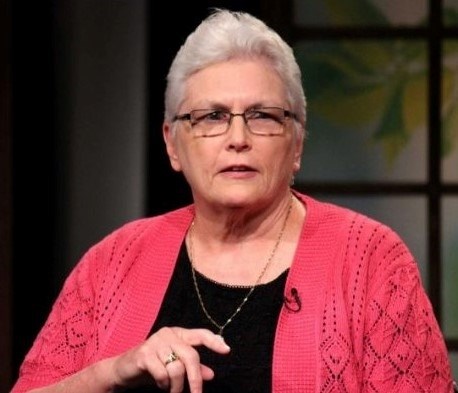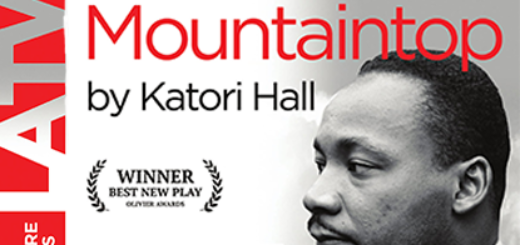Let’s treat education as a human endeavor, not a factory
We have been hearing a lot lately by politicians and pundits about the damage our children are experiencing because of the Covid pandemic and how our educational system should be ramped up so that kids might catch up.
I find this infuriating because it comes from a belief that education is a process of inputs and outputs, much like a factory, and maximizing efficiency is all that matters. Applying more pressure and cramming more data down the throats of children is highly unlikely to have a positive outcome.
Perhaps we ought to take a step back and think about education as a human endeavor built on relationships between teachers and students. A friend passed along a powerful essay written by a retired New York superintendent, Teresa Thayer Snyder, that should cause us to ask ourselves some hard questions about our assumptions around education and the pandemic.
“I am writing today about the children of this pandemic,” she wrote. “After a lifetime of working among the young, I feel compelled to address the concerns that are being expressed by so many of my peers about the deficits the children will demonstrate when they finally return to school.
“My goodness, what a disconcerting thing to be concerned about in the face of a pandemic which is affecting millions of people around the country and the world. It speaks to one of my biggest fears for the children when they return. In our determination to “catch them up,” I fear that we will lose who they are and what they have learned during this unprecedented era.
“What on earth are we trying to catch them up on? The models no longer apply, the benchmarks are no longer valid, the trend analyses have been interrupted. We must not forget that those arbitrary measures were established by people, not ordained by God. We can make those invalid measures as obsolete as a crank up telephone! They simply do not apply.
“When the children return to school, they will have returned with a new history that we will need to help them identify and make sense of. When the children return to school, we will need to listen to them. Let their stories be told. They have endured a year that has no parallel in modern times.
“There is no assessment that applies to who they are or what they have learned. Remember, their brains did not go into hibernation during this year. Their brains may not have been focused on traditional school material, but they did not stop either. Their brains may have been focused on where their next meal is coming from, or how to care for a younger sibling, or how to deal with missing grandma, or how it feels to have to surrender a beloved pet, or how to deal with death. Our job is to welcome them back and help them write that history…
“Greet them with stories and books that will help them make sense of an upside-down world. They missed you. They did not miss the test prep. They did not miss the worksheets. They did not miss the reading groups. They did not miss the homework. They missed you.
Being a teacher is an essential connection between what is and what can be. Please, let what can be demonstrate that our children have so much to share about the world they live in and in helping them make sense of what, for all of us, has been unimaginable. This will help them — and us — achieve a lot more than can be measured by any assessment tool ever devised. Peace to all who work with the children!”
I have had the pleasure of getting to know many amazing public school educators in North Central Washington as a board member of the North Central Education Foundation. Snyder’s letter reminded me that it is essential to treat education not as a mechanical system of inputs and outputs but a human endeavor that inspires kids to nurture their unique talents.
Let’s take steps to make sure that the human beings in the system — the students and the teachers — can do their best to foster the unique talents of our young people.



